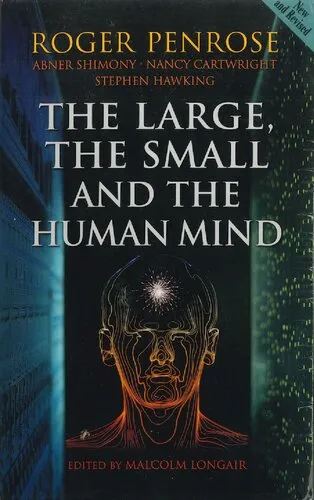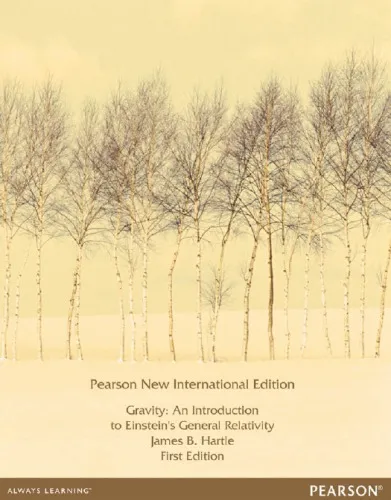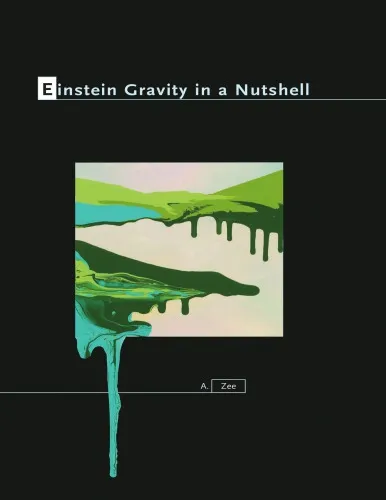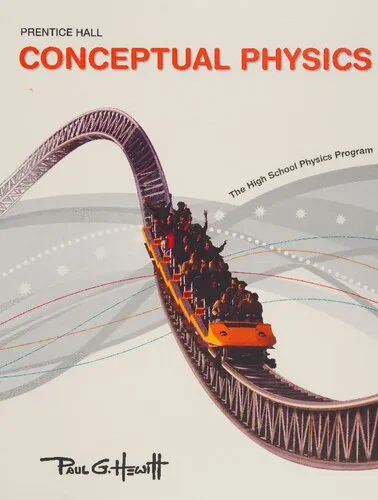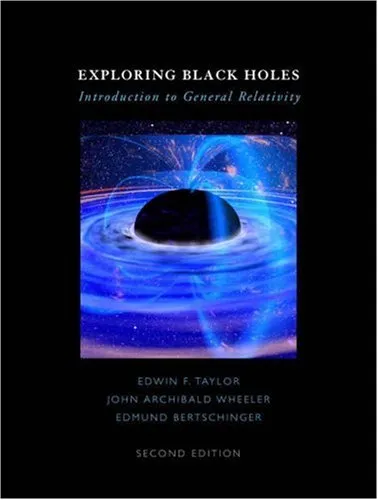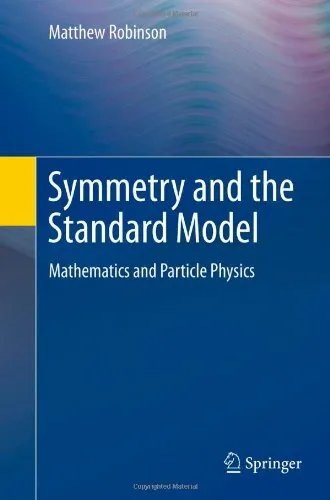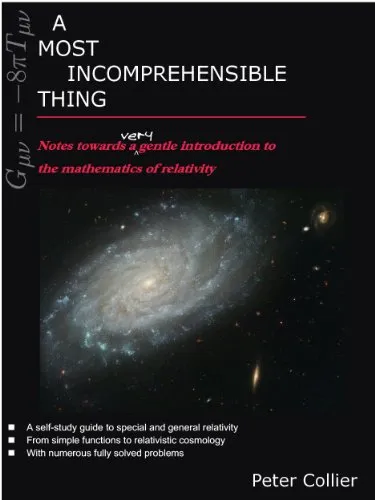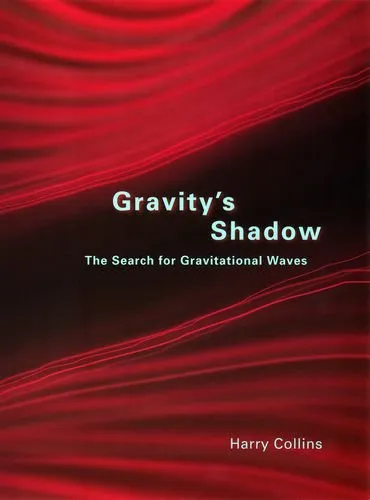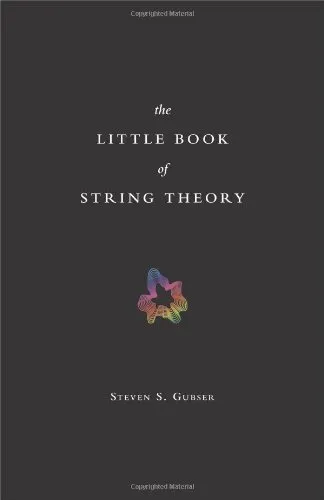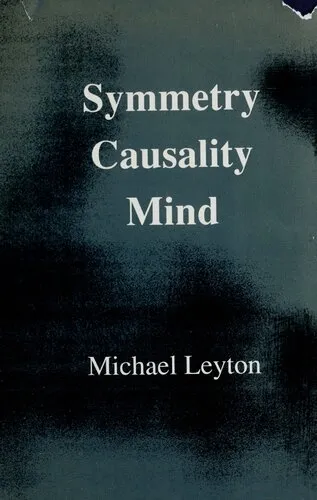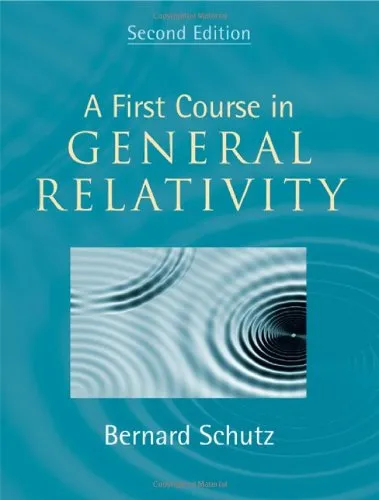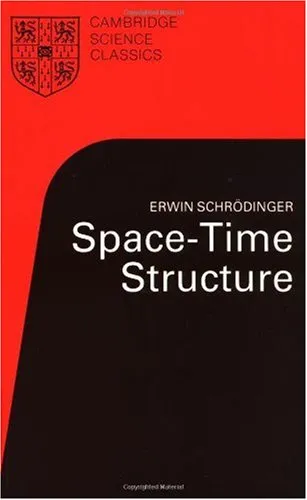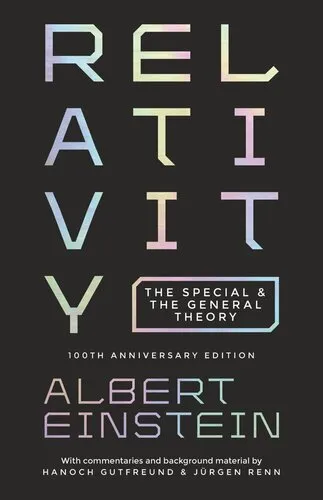The Large, the Small and the Human Mind
4.5
Reviews from our users

You Can Ask your questions from this book's AI after Login
Each download or ask from book AI costs 2 points. To earn more free points, please visit the Points Guide Page and complete some valuable actions.Related Refrences:
Welcome to a profound journey through the intersection of cosmology, quantum mechanics, and the human perception of reality. "The Large, the Small and the Human Mind" is a collaborative exploration of some of the most fundamental questions in science and philosophy. This compelling book invites readers to ponder the mysteries of the vast universe, the ineffable minutiae of quantum particles, and the enigmatic nature of human consciousness.
Detailed Summary of the Book
"The Large, the Small and the Human Mind" brings together a collection of insightful essays and dialogues led by the eminent mathematician and physicist Roger Penrose. Alongside other renowned thinkers such as Abner Shimony, Nancy Cartwright, and Stephen Hawking, Penrose examines the intricate tapestry woven by the theories of general relativity and quantum mechanics. These theories allude to the significant, almost paradoxical, scales of the universe and the peculiar behavior of subatomic particles.
Through its four main parts, the book delves into the philosophical implications and the limits of scientific understanding. The first part discusses the nature of reality as interpreted through Penrose's thought-provoking ideas about quasars, black holes, and the expansion of the universe. The dialogue in the second part involves a riveting discussion on the integration of quantum theory with the theory of relativity, capturing the nuanced disagreements and agreements among the authors.
In subsequent sections, the text ventures into uncharted territories like the human mind and consciousness, presenting Penrose's bold hypothesis that consciousness is not just a mere byproduct of computational processes but is connected to quantum mechanics. By weaving together threads from mathematics, physics, and philosophy, this book challenges conventional viewpoints and fosters a deeper understanding of our place in the cosmos.
Key Takeaways
- Interdisciplinary approach: The book stands at the crossroads of philosophy, physics, and mathematics, advocating for an interdisciplinary approach to comprehending reality.
- Unified theories: It underscores the need for a unified theoretical framework that reconciles general relativity and quantum mechanics.
- Consciousness debate: Penrose’s hypothesis about consciousness offers a fresh perspective on its possible quantum origins, sparking debates in both scientific and philosophical communities.
- Philosophical inquiry: Through engaging dialogues, the book encourages readers to think beyond empirical evidence and consider broader philosophical interpretations of scientific discoveries.
Famous Quotes from the Book
"I believe that there is a chance to actually explain consciousness, but it requires some sort of revision of the principles that we have come to associate with quantum mechanics."
"Our universe seems to be balanced on a knife edge. Take gravity away, and the universe expands forever, never allowing galaxies or stars to form. Increase its strength, and the universe collapses in on itself before stars and life can start."
Why This Book Matters
This book is a critical resource for anyone intrigued by the profound questions of existence. It provides a comprehensive look into the grand and minute aspects of our universe, blending scientific rigor with philosophical inquiry. By involving contributions from thought leaders like Stephen Hawking, the book remains a seminal work for both science enthusiasts and professionals seeking to broaden their understanding of reality.
Furthermore, "The Large, the Small and the Human Mind" pushes the boundaries of contemporary thought by challenging prevailing doctrines and proposing innovative ideas on consciousness and reality. It empowers readers to think deeply about the nature of existence while appealing broadly to those interested in the philosophical implications of scientific theories.
Free Direct Download
You Can Download this book after Login
Accessing books through legal platforms and public libraries not only supports the rights of authors and publishers but also contributes to the sustainability of reading culture. Before downloading, please take a moment to consider these options.
Find this book on other platforms:
WorldCat helps you find books in libraries worldwide.
See ratings, reviews, and discussions on Goodreads.
Find and buy rare or used books on AbeBooks.
1634
بازدید4.5
امتیاز0
نظر98%
رضایتReviews:
4.5
Based on 0 users review
Questions & Answers
Ask questions about this book or help others by answering
No questions yet. Be the first to ask!
